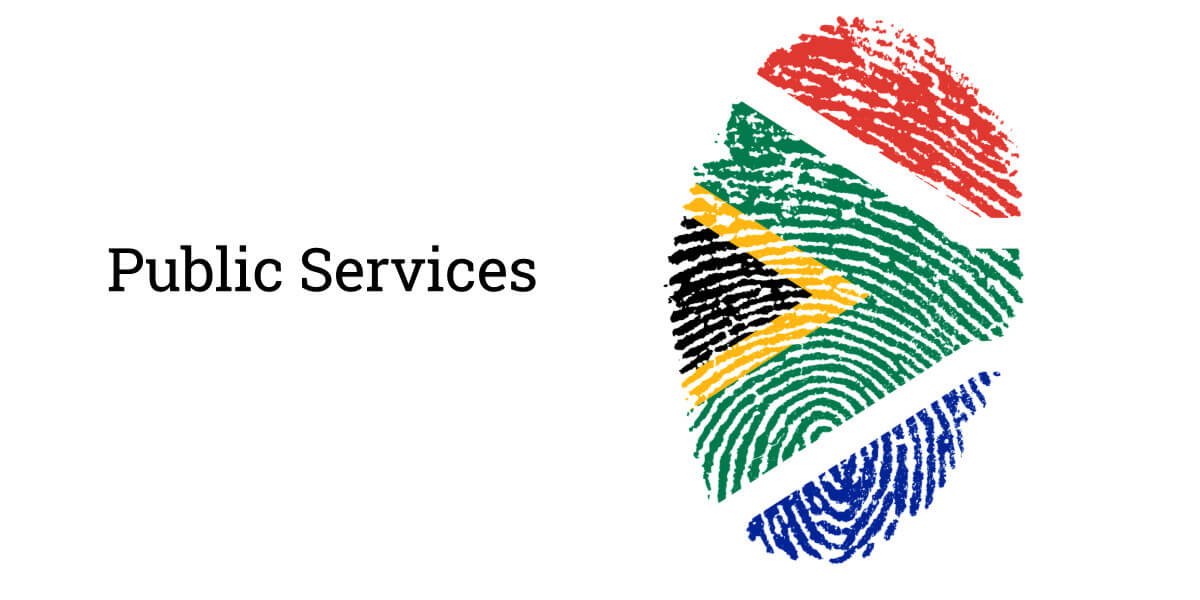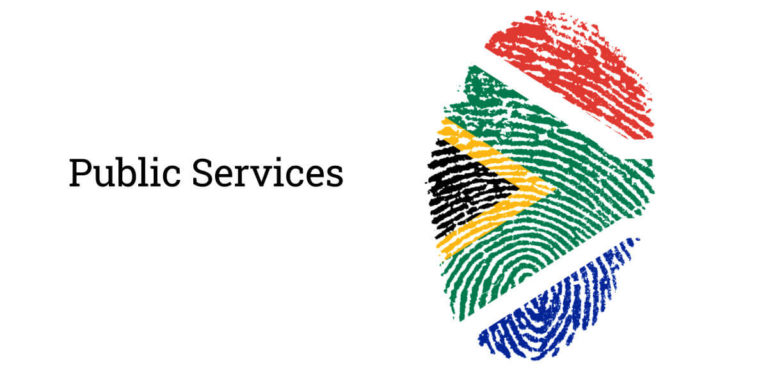Recent reports by the Auditor-General on lapses in the Public Service Code of Conduct by senior managers provide a worrying picture of the state of the public service. The major finding of the report was that there were significant numbers of public service managers that engaged in ‘outside work’ for remuneration without the necessary permission. Moreover, that a large number of “conflicts of interest” are related to procurement.
Unfortunately, this report of non-compliance with standard procedures is a recurring theme. Most notably, the Public Service Commission has indicated that large numbers of public service managers have not even filed their performance contracts. There is, thus, a pattern emerging of rogue managers who are flouting the rules and utilising their positions for personal gain.
However, highly skilled and dedicated professionals run many programmes in government, providing an example of what the public service could be. It is not hyperbole to suggest that there is a hidden war between development activists who happen to be bureaucrats on the one hand and a rogue layer that if given the space, will devour the developmental project.
Anecdotes of this war come from capable managers who have left the public service because they could not turn a blind eye to the flouting of rules, have been stonewalled in reporting corruptions, or have had there career mobility stopped by emerging ‘boetie-boetie’ systems. These stories might be brushed of as the biased reports of the disgruntled. However, when viewed in the context of recent reports, the stories find substantiation.
How do we respond to the current situation to strengthen the public service such that is both ethical and capable?
First, behavioural change needs to become the catalyst. Political leaders need to utilise both the Auditor-General’s report as well as require the filing of performance contracts by a given date and be willing to follow disciplinary procedures that might follow. This dramatic intervention would certainly face criticisms — either of not attacking the root causes or of simply pushing corrupt activity further underground.
Yet, the flouting of basic rules is systemic, in that, if, as can be inferred from reports, public service capacity is deliberately being undermined to ensure that managers can justify ‘outside work’ and contracts to persons in their networks.
Moreover, the rules are meant to protect the weak and give expression to our constitution’s imperative to ensure that public service is developmental and ethical. Pragmatically, it shifts the balance towards elected officials who should have the political will to enforce the rules.
Second, the reforms initiated through introducing the Senior Management Service (SMS) need to be completed. The reform programme started several years ago. It created a new grading system for senior managers, removed the setting of wages from the collective bargaining process and supported the introduction of performance management contracts. The reforms were a response to a period of wage compression in public service management salaries, which happened as the democratic government attempted to narrow the wage gap in the public service. More importantly, it was a bold attempt to improve the performance of management in the public service by focussing efforts on recruiting and retraining the best talent into the public service.
Yet, in an important respect the reforms are incomplete. Entry requirements into the public service management have not been substantively changed, despite substantial upward revisions to salaries. Yet, raising the bar for entry into the public service is important to creating a management cadre with a developmental ethos, strong implementation skills and adherence to ethical and legislative requirements
The reforms on the SMS would only be complete and operationally embedded once the new entry requirements are created. The process would be similar to what government and trade unions are doing for occupations such as lawyers, nurses and teachers. Moreover, there would be no trade-off between improving entry requirements and government’s affirmative action programme, given the increase in black and female graduates from universities.
Third, we need to focus on frontline management capacities. The SMS reforms had as their guiding metaphor, “managers behind desks” and thus focussed on the management layer in national and provincial head offices. Yet, the biggest challenge of management in the public service lies at the frontline, in schools, hospitals and police stations.
Important initial steps to focus on in these institutions are being accepted in the current negotiations on occupational specific dispensations, but here again emphasis will need to be placed on ensuring that managers of frontline institutions are treated equally to their counterparts at head offices. The rationale is simply that it is substantially more complex to run a hospital effectively than it is to manage staff and programmes at head offices.
The focus on head offices has inspired a trend in political appointments. Usually, these are ‘soft political appointments’ with the formal process of advertising jobs and interviews being undertaken, but with candidates often pre-selected. Some Ministers, when changing portfolios have moved not only with the staff in their offices, but also with key officials responsible for policy.
Here again, the results are mixed. Effective politicians understand the importance of having a skilled team together, especially when skills are scarce. However, for under performing political leaders, moving with the same team usually replicates under performance and may even be entrenching systems of patronage. Even if it is understandable that politicians need some discretion in selecting their teams. Nevertheless, the current system needs a clearer distinction between political appointments and career public servants.
Finally, public service management should be regarded and treated as a profession. A systemic change would be to introduce an apprenticeship for new managers together with an entrance exam to qualify as a public service manager. In some senses, it would replicate systems run by professions, such as doctors, lawyers and engineers. In these professions, a good university education is supported with on the job training that serves as an induction into the profession and provides an environment to apply knowledge. The proposal is motivated by the fact that public service management is a tough and challenging job, requiring training and skills development.
Moreover, through this process the implicit rules of the game would change. For instance, being found guilty of corruption would ultimately lead to one losing one’s credentials to practice as a senior manager in the public service. In another instance, Ministers and Director-Generals would be able to recruit from a pool of talent, rather than simply relying on their own networks. This type of system is implemented in several countries and in South Africa for diplomatic staff. The system would give various professionals such as doctors, town planners and teachers, a bridge between their professional training and the rigours of managing public service institutions.
Consequently, successfully implementing this reform requires frontline managers as well as staff on a management track, to be included in the programme. Moreover, the programme could include managers in charities and non-governmental organisations, thus strengthening the broader developmental sector. The reform, however, requires a significant up scaling of government’s current programmes to improve management capacity in the public service.
The strongest criticism to the approach suggested is that it bureaucratises developmental work, which should be a vocation. However, through introducing these reforms the environment is created for those with a calling for public service to win the battle for the soul of the public service. The suggested reforms will dovetail with existing systems to ensure accountability over public finances and to tackle corruption.
**This article is based on work the author is doing for the Centre for Poverty, Employment and Growth at the Human Sciences Research Council.
This article was first published under creative commons license on South African Civil Society Information Service website.

